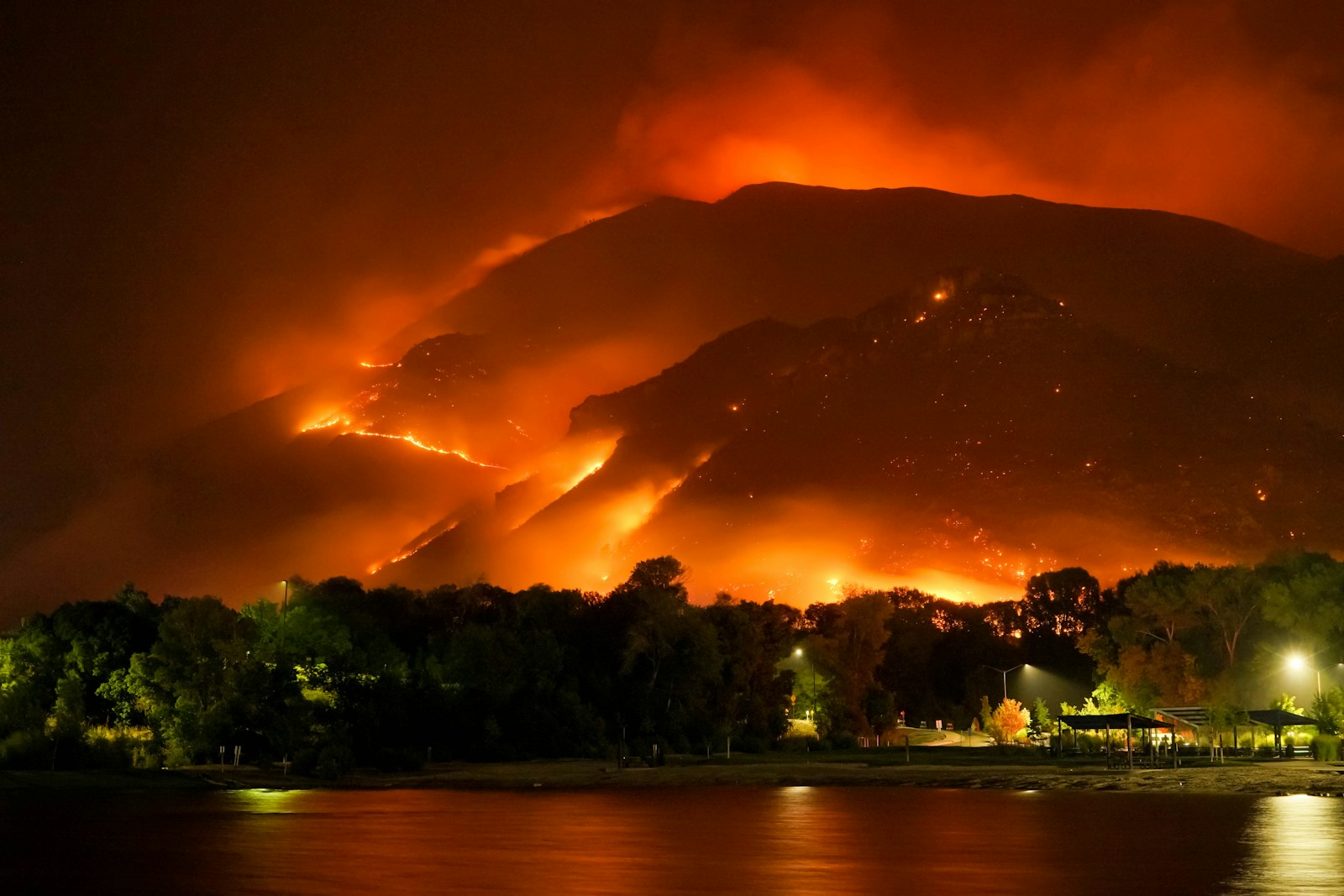Curious about how much your home could sell for? Whether you're thinking about selling now or just keeping tabs on your property’s value, knowing where you stand is key. An accurate estimate based on today’s market conditions and recent sales in your area helps you understand your home's worth, making it easier to decide if it’s the right time to sell or if waiting could lead to a better deal. If you're ready to sell, having this info puts you in a great position to price your home competitively and attract serious buyers.
For those not looking to sell right now, understanding your home’s value still has significant benefits. If you’ve built up equity, a home equity loan can provide the funds you need for major life goals. Clients of ours recently leveraged a $250K home equity loan to invest in a duplex, creating an additional income stream and building generational wealth, one home at a time. You could also use your equity to fund a college education, finance that pool you’ve always wanted, or remodel your home into your dream space. Even small improvements—like a fresh coat of paint, updated appliances, or landscaping—can boost your home’s value, giving you more financial flexibility for the future. Whether you're planning to sell, invest, or enhance your home, staying informed helps you make the best financial decisions for your future.







.png)
